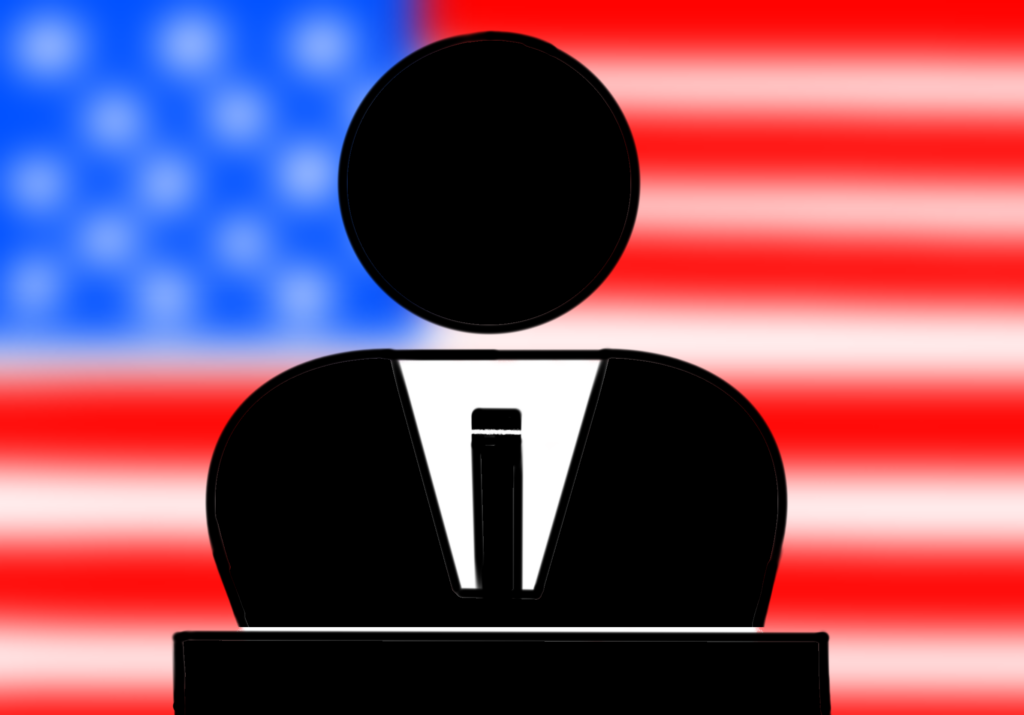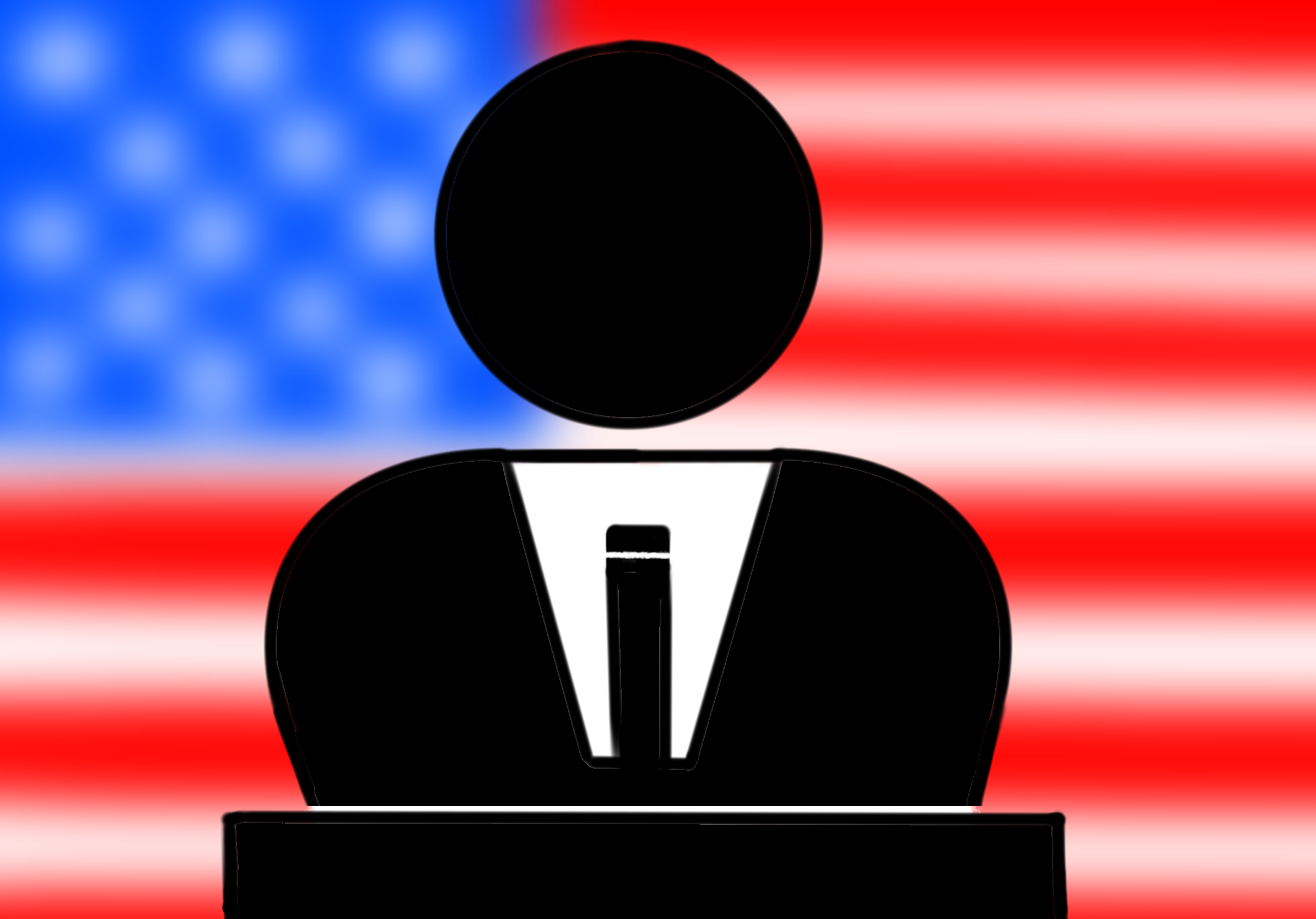In 2019, the majority of my classmates, including myself, had no interest in politics. Most of us had few political opinions and viewed anything political as the “dirty theater” of our government that did not require our engagement — not because of our young age, but rather because of the lack of necessity.
A year later, our conversations inside and outside our classrooms changed radically, becoming a lot more political. It might be puzzling to think of the reasons why such a shift in our views on neutrality and politics changed, but the answer is rather “simple” — war.
I’ve always known that I lived in a place where war could break out on any given day. It seemed to be a common understanding of all of my peers. This time, however, for the first time in our lives, my generation saw a prolonged war, along with all of its repercussions just like our parents did in the 90s: We saw what it is like to lose your land, your home, and most importantly, your loved ones because of war.
One could say the events of 2020 — and everything that followed — politicized our generation, but I would like to suggest a slightly different perspective: 2020 forced us to understand that our daily lives are politicized to such an extent that prohibits neutrality. Neutrality is no longer an option; no matter how much all of us would love to pretend politics do not involve us, the same politics in question shape our daily lives and the lives of the people around us.
For many of us, staying neutral simply meant allowing the flow of politics to subsume our beliefs and hopes for the future.
We all have a similar idea that political neutrality was not a choice we could make because the news we were reading on our phones was not something that we could ignore or pretend not to see. They were our loved ones who were not going to be alive after the war, and in that place, there was no option not to care.
People uphold their political neutrality not because they don’t have access to resources that would allow them to formulate any opinions, but rather because they have the privilege of not being directly affected by political turbulence. Most people will not stay neutral when the shots are aimed at their own houses. I am sure that when the political events that are merely news start to affect the large neutralist audience, none of them will stay neutral.
In my view, it is impossible to be truly politically neutral because our inactions can, and do, have effects of the same magnitude as our actions. Our current reality is that our lives are politicized to such an extent that it is irresponsible to believe that staying neutral is harmless. Instead, neutrality itself is an action that benefits a certain group.
The next time you stay neutral when facing injustice and violence, think about who it benefits, and how the course of history would have been different if neutralists chose to speak out against what was happening around them.


